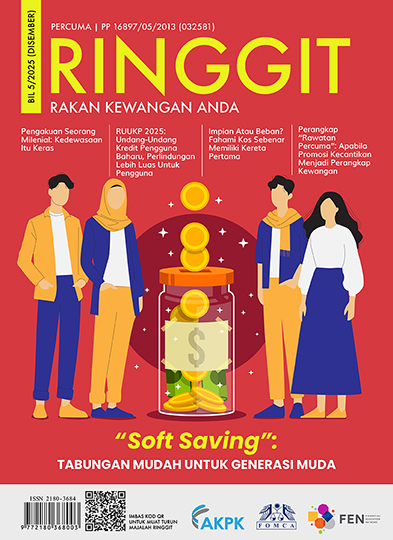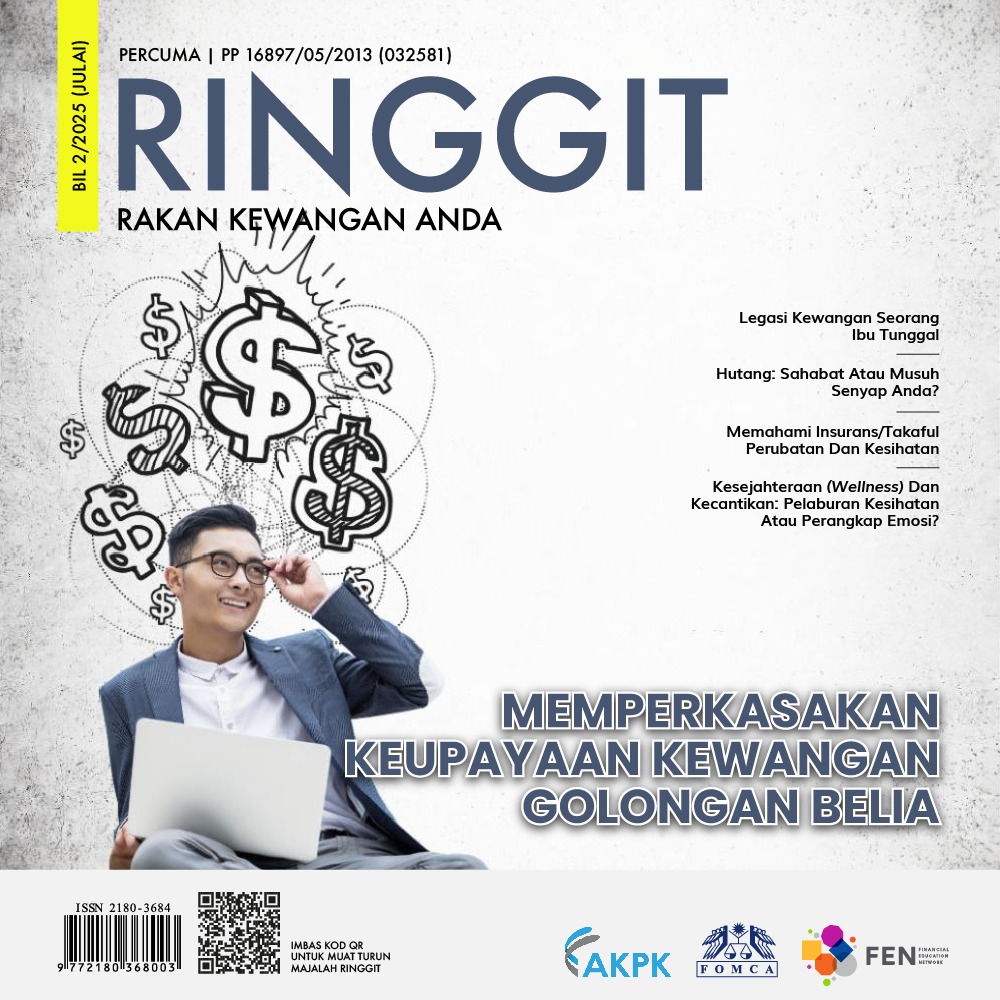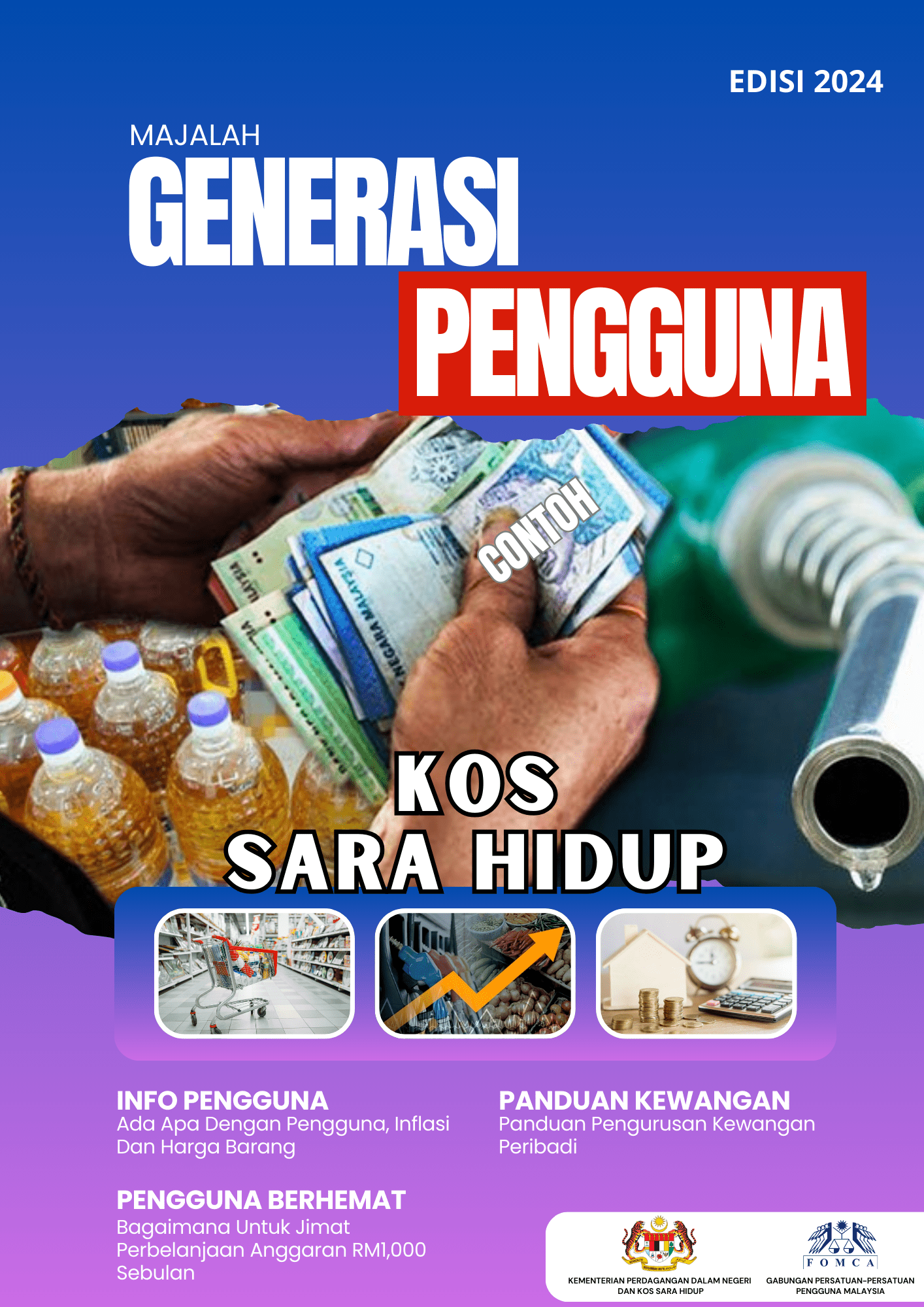NOBODY talks about garbage until they smell the stink. Malaysia has to act soon or face major problems in the future, when we all will be throwing up because of the smell.I wrote two years ago about the use of waste-to-energy (WTE) plants, at a time when the government was deciding whether to go with them or not (“Time to look at incineration”, The Star, Sept 29, 2017; online at bit.ly/star_waste). We cannot wait too long.My feeling about the matter became more urgent when news broke about the Pasir Gudang, Johor, chemical dumping incident in March this year and the latest news about the world’s oceans dying from plastic in 10 rivers, most of them from Asia (bit.ly/ban_plastic).Malaysia must act and not just react. And there are valuable lessons we can learn from countries of the South.
Will Kuala Lumpur wait till we are in a desperate situation before we choose to act?
Thank God, Housing and Local Government Minister Zuraida Kamaruddin has been listening and keeping up with developments. She has come out in support of WTE solutions in Parliament and in various interviews with the mediaShe has mentioned Bukit Payung and Seelong (in Johor), Jabi and Samling (Kedah) and Bukit Tagar (Selangor) as potential sites for such plants. It is curious she said Bukit Tagar because it is also where the landfill is. Are we going to see the Bukit Tagar landfill turn into a WTE plant?
WTE solutions are more immediate than others for three reasons. One, it is a cleaner way of handling waste and does so with minimum harm to the environment while taking up less space to do so – landfills simply cannot compare. Two, it is a method that has been proven in over a generation across Europe and therefore is not experimental. And three, it produces energy.There is an additional reason, one that landfill proponents don’t want to admit: Landfills are meant to be far away from population zones; they are the shame we try to hide.It therefore costs more money to send waste from where it is produced, in population zones, out there to far-off landfills; and, of course, transporting the waste emits pollution. All this also tempts some garbage companies to look for closer and cheaper illegal solutions, as we saw in Johor.
Germany, Sweden, Denmark, the Netherlands, Finland, Britain, and France rely more heavily on WTE plants than landfills, and in many cases landfills are below 2%. It’s countries like Greece, Malta, Slovakia and Bulgaria that rely heavily on landfills (Eurostat figures for Municipal Waste Treatment in 2017).As Malaysians, whose example should we follow: the more advanced and environmentally conscious nations or struggling nations with low national interest in the environment?Of course, increasing composting to clear organic waste is best, but it requires a highly organised and disciplined population, along with strong legislation supported by heavy enforcement.Overall, Europe is producing on average more garbage per capita now, over 700kg per person per annum. The situation is far worse here in Malaysia. We produce more waste, and the amount is not going to go down in the medium term.
While education on reducing, separating waste and personal composting can be put into practice, it will take a lot of time to yield results.In the medium term, there has to be cost-efficient and environment-friendly solutions, and WTE plants are it.The government knows it, but the fear-mongering by several groups relying on ancient stories about first-generation incinerators is worrying politicians. These groups fear incinerators but appear to be ignorant about WTE plants (or choose to be so).This is a situation where the government wants to do the right thing, which is to turn to the WTE solution, but is waiting for the right time to do it. The people must back the government on this. Have all the regulations and involvement of all environmental protocols, but get the waste to energy plants going.
SHARIFAH DANISAH SYED IBRAHIM
Read more at https://www.thestar.com.my/opinion/letters/2019/05/13/why-not-turn-waste-into-energy/#TufiHtVpPoMREvww.99





